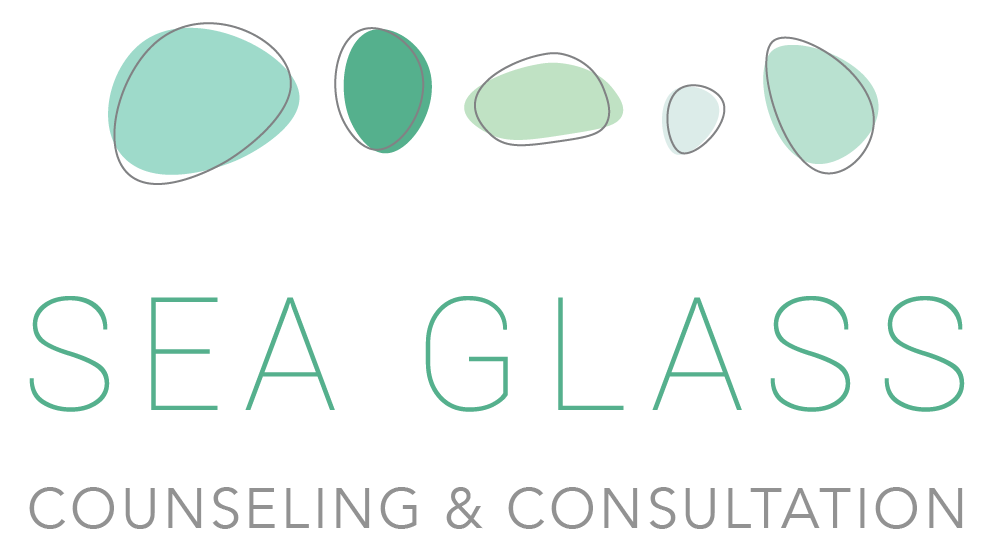What is Cognitive Behavioral Therapy?
Cognitive behavioral therapy (CBT) is one of the most well-researched and effective therapy techniques. It is a present-focused, solution-oriented talk therapy that aims to help people have healthier thoughts, behaviors, and feel better by reframing their unrealistic thinking patterns.
CBT is based on the theory that our perceptions (thoughts) about our experiences drive our feelings and reactions (behaviors). If we can learn to have healthier, more realistic perceptions about the situation, our emotions will follow. Learn more about CBT.
Is CBT right for me? How can CBT help me?
CBT may be a good treatment option for you if you are experiencing symptoms of:
Anxiety
Depression
Low self esteem
Post-traumatic stress disorder (PTSD)
Chronic pain
CBT empowers clients to better understand their own thoughts and inner experiences, and to learn practical skills to reframe their own thinking patterns. Most clients describe a sense of relief, feeling less guilty, and feeling more confident when they have a new, more realistic perspective about the situation.
What are CBT sessions like?
We meet weekly or every other week for 50-minute sessions via video. A typical session includes: checking in; sharing what’s on your mind; reflective questions or educational information from your counselor; and closing down with takeaways.
Throughout the session, we’ll slow down and invite awareness into smaller details that are easy to miss in your everyday life. We’ll look at connections between your thoughts, emotions, and responses - and gently help you reframe unhelpful thinking patterns to something more realistic (and usually positive!).
Will I get homework in therapy?
Probably not. We aren’t super directive in our treatment approach - meaning, we generally take our lead from you in sessions! We don’t really assign “homework” but we will encourage you to practice skills or notice things about yourself outside of session.
If we decide together that homework may be helpful to you, we may ask you to read a book or article, check out a support or therapeutic group, listen to a podcast, do some focused journaling, or keep thought records.


